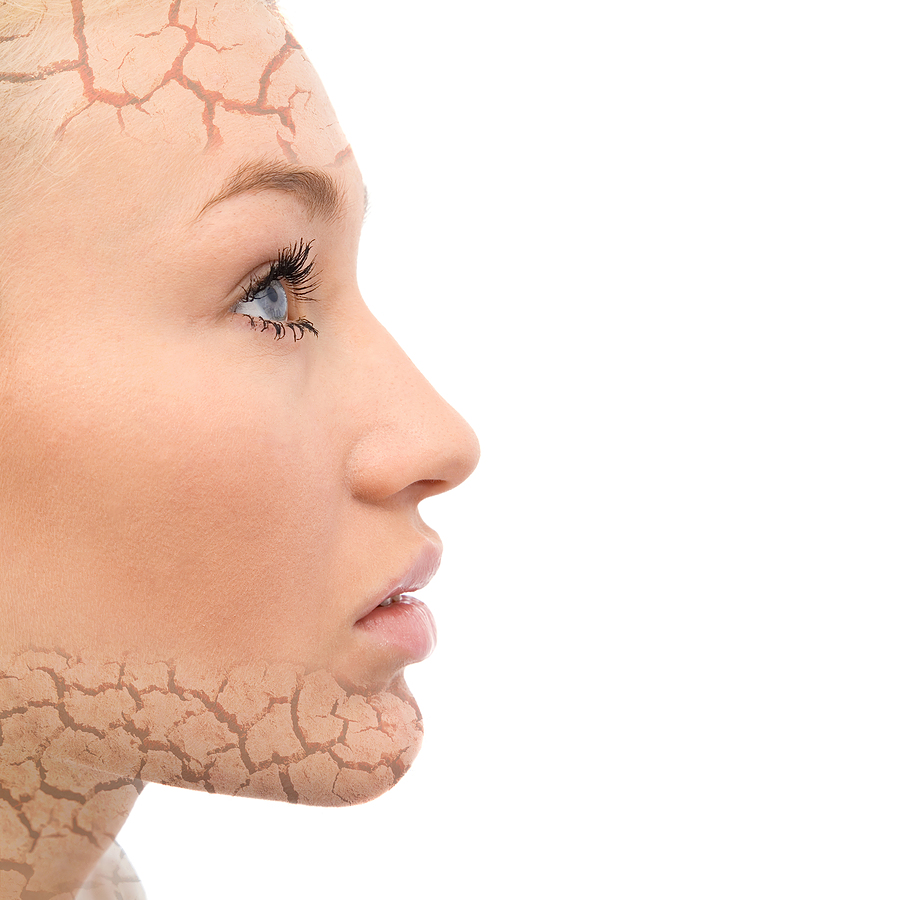
Preventing Collagen Crosslinking with Anti-Aging Science
Since the earliest stages of my career I had a fascination with the science of aging. Accredit it to my mom giving us kids vitamins as birthday and Christmas presents, I have teenage memories of spending hours reading about the anti-aging benefits of different supplements.
To satisfy this continual curiosity, in 2007 I joined the American Academy of Anti-Aging Medicine (A4M) and attended some of the most cutting edge conferences on the topic of aging. From break through anti-aging cosmetics to innovative cancer therapies, the science revealed at these conferences was years ahead common medicine.
Surrounded by Plastic Surgeons and Dermatologists, most attendees didn’t understand why a Podiatrist and Movement Specialist would attend these conferences. I would explain to other Doctors that similarly how they use anti-aging medicine to prevent collagen degradation in the face as a means to preserve the beauty of youth, I too use these anti-aging secrets to protect collagen degradation in the myofascial and myotendinous system to preserve the beauty of human movement.
Through my association with the American Academy of Anti-Aging Medicine, I quickly learned that collagen, whether it is in the skin of the face of the fascia of the foot, ages through the same process. A process known as – glycation.
Collagen – Foundation to Skin, Fascia and Tendons
 Collagen, the main element found in connective tissue, provides the structural foundation to skin, fascia and tendons. The soundness of these collagen units is determined by the stability of hydrogen bridges and covalent bonds referred to as crosslinks. Although crosslinks provide strength and stability, excessive or non-specific crosslinks throughout the collagen fibers creates stiffness and a lack of elastic recoil in the connective tissue (think fascial adhesions).
Collagen, the main element found in connective tissue, provides the structural foundation to skin, fascia and tendons. The soundness of these collagen units is determined by the stability of hydrogen bridges and covalent bonds referred to as crosslinks. Although crosslinks provide strength and stability, excessive or non-specific crosslinks throughout the collagen fibers creates stiffness and a lack of elastic recoil in the connective tissue (think fascial adhesions).
These non-specific crosslinks are formed through a process known as glycation, which occurs in the presence of excessive glucose.
Although we often associate excessive blood sugar with diabetes we are all susceptible to elevated glucose levels and the process of glycation. In fact, glycation is one of the most common reasons why we age as a whole.
Glycation & AGEs
So what exactly is glycation and how is it associated with elevated blood sugar?
Elevated or excessive sugar found in the blood stream spontaneously reacts with proteins forming a free radical known as advanced glycation end products (AGEs). These AGEs are responsible for forming non-specific crosslinks in collagen and subsequently stiffer collagen.
The stiffer the connective tissue (collagen) the increased risk of micro-tearing during dynamic movement. Studies have shown that micro-tears in connective tissue are repaired with Collagen Type III vs. the normal Collagen Type I.
Collagen Type III is characterized as less elastic and stiffer compared to Collagen Type I which creates a repetitive micro-trauma cycle and eventual tissue degradation we know as tendonosis.
So what can we do to prevent the formation of AGEs and non-specific crosslinks in our collagen?
Tips to Preventing Collagen Aging in Fascia & Tendons
1. Tight glycemic control
This probably goes without saying. If elevated blood sugar levels set off the chemical reaction called glycation then avoiding blood sugar spikes is obviously important.
If you or your client have trouble controlling their blood sugar levels through diet and exercise consider the use of supplements such as Benfotiamine which has been shown to decrease blood sugar levels in diabetic patients.
A 2005 study demonstrated decreased formation of AGEs in diabetic subjects with a daily dose of 300mg Benfotiamine. Benfotiamine is an active form of B1 and acts by inhibiting the deoxidation of sugar or glycation.
2. Vitamin C & E supplementation
 Probably two of the most common anti-oxidants Vitamin C and E have been shown to prevent the formation of AGEs and crosslinks in collagen. A 2002 study by Abdel et al. demonstrated an 80% decrease in glycation / AGE formation in subjects supplemented with high dose Vitamin C.
Probably two of the most common anti-oxidants Vitamin C and E have been shown to prevent the formation of AGEs and crosslinks in collagen. A 2002 study by Abdel et al. demonstrated an 80% decrease in glycation / AGE formation in subjects supplemented with high dose Vitamin C.
Recommended dosage is 1000mg / day.
3. Aspirin a day keeps crosslinks away
Not only is baby aspirin heart healthy, but now studies have shown that daily aspirin can actually offset the formation of collagen crosslinks. Aspirin inhibits the formation of AGEs by acetylating lysine residues (L-lysine + sugar = AGEs).
Recommended dosage is 81mg / day.
***
Want to learn more about the science of aging, connective tissue and human movement – please visit www.ebfafitness.com
